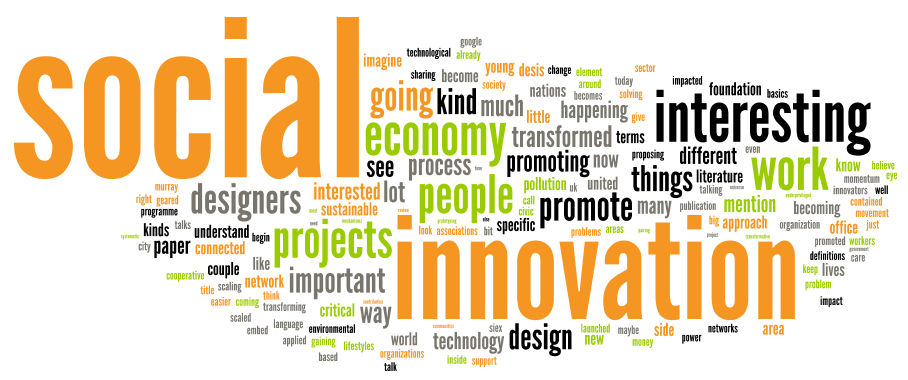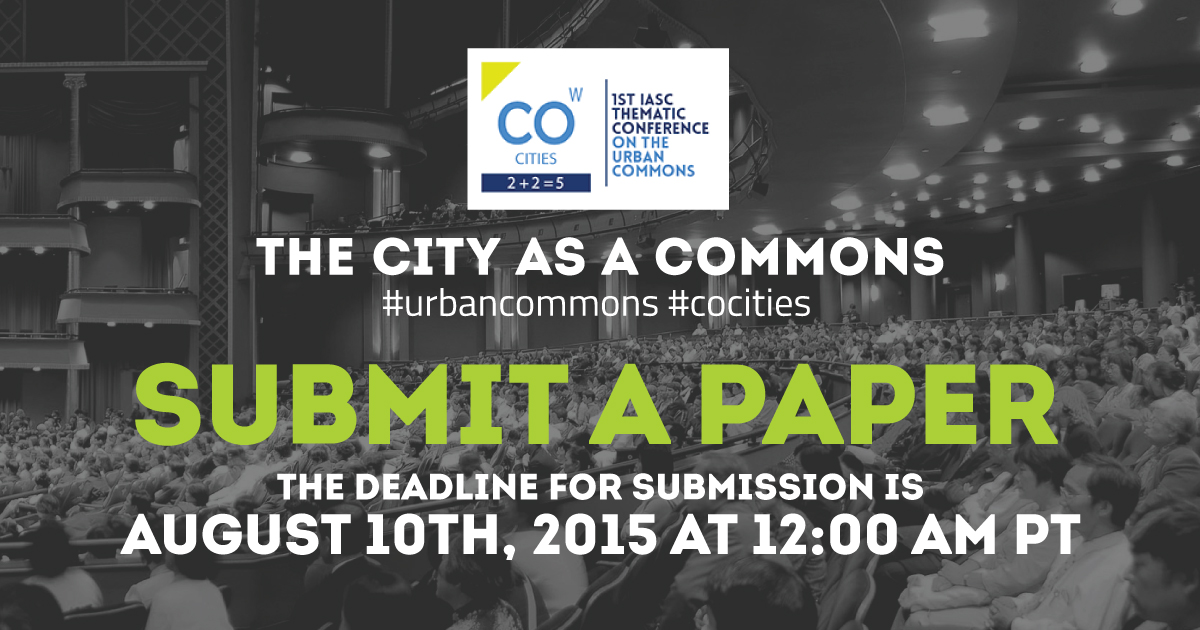
City’s administration and backing up social innovation
Collaboration with citizens to realize potential benefits deriving from practices of social innovation is an emerging challenge for European cities. Examples are increasing in number day after day, and the growth is so consistent that is almost impossible to get in line with it. What is rather possible, and in a way desirable, is to cluster them and to underline some features that are becoming more and more paradigmatic, even at the cost of breaking some conventional wisdom. And by doing so, promoting the spread of best practices across national borders.
Administration’s budget are under tight constraints. It is becoming some sort of a refrain in the last years, but it is also an undeniable fact. Cities in particular, are in the unpleasant situation of being asked improvement in their social services (mobility, housing, food, and so forth) with no extra budgets.
That settled, it is also true that difficult situations are the perfect humus for innovation of any kind. This is even more true in urban contexts. Amersfoort (The Netherlands) and Gdansk (Poland) are just two of these. Here, both the central administrations and citizens are working together to go beyond old problems, problems made even worse by the above-mentioned economic context. The two cases are also paramount examples of two different cultures of governance, which have grown up amid different historical backgrounds: a bottom-up approach in Amersfoort, and a top-down in Gdansk.
Amersfoort offers an example of a design process that was progressive and based on the collaboration with the city administration. In 2014, the city launched the Year of Change, a year to rethink the governance of the city towards a model based on shared responsibility and collective leadership. The city administration was witnessing a fait accompli: beyond the retrenchment of the administration, citizen-driven initiatives were blooming. Citizen-initiatives were quickly seen as an asset, and above all as an opportunity. The field in which initiatives were spreading were: urban development, sustainable food consumption and many other. The only thing the administration was asked to do was to assume a new position towards social innovation, to leave the floor to social innovators and to limit its role in the action of removing old barriers (legal in particular).
In Gdansk the situation was and still is slightly different. Once that acceptable standards of living were reached, in fact, the administration, putted under pressure by the citizenship, decided to move towards social innovation practices. Immaterial values, such as happiness, quality of life, cultural development and so forth, gained relevance once again on the political agenda. An important role to support this vision was taken by some experts and practitioners: the Club of Gdansk an informal think-tank – had a crucial role in bringing together civil servants and NGOs representatives with the aim of prioritizing issues for the city. The common values of the group were: trust, participation, honesty, responsibility and transparency. The outcomes of this club’s meeting were used to co-design programmes and strategies. In Gdansk is a limited èlite that started the revolution, but the result is nonetheless remarkable, and the citizenship is starting to have its say in the process.
As already said, if we could just step back and look at the whole continent, what we would see could resemblance a session of acupuncture – with projects instead of needles – throughout Europe. Amersfoort and Gdansk are just two of these needles. That being said, their relevance lies in the different theoretical and functional approach to social innovation that they engender. On the one hand, Amersfoort looks like the textbook example of social innovation (citizens-driven, and so forth); while on the other Gdansk seems to throw that same textbook out of the window (a city that change under the tutelage of an enlightened leadership, policy-makers and some experts). What it truly does, however, is to cast a new light on the idea of social innovation. The idea of social innovation is just an “hollow shell” without first-hand experience of each society’s characteristics (culture, history, social structure, civil society – see Robert D. Putnam’s Making Democracy Work – etc.). A process, successfull in a city, might be a colossal failure somewhere else, if blinly replicated. Good thing is that citizens and administrations seems to already acknowledge that.
I contesti urbani sono da anni i luoghi in cui professionisti, cittadini e studiosi possono mettere in pratica progetti di innovazione sociale. In tutta Europa si moltiplicano questo genere di esperienze con una velocità mai vista. Se da una parte dunque è impossibile analizzarli uno ad uno, quello che è possibile trarre da una loro analisi, è l’estrapolazione di pratiche. Gli esempi di Amersfoort (Olanda) e Danzica (Polonia) sono importanti dunque ben al di là dell’innovazione e dell’efficacia dei loro singoli progetti. Quello che ci consentono è infatti la possibilità di analizzare delle pratiche all’interno di contesti che si differenziano per situazione economica, culturale e storica. La lezione che ne traiamo è che non esiste un singolo modus operandi per innovare la governance di beni e servizi nei contesti urbani, ma che l’innovazione sociale, per rendere onore al proprio nome, deve adeguarsi alle singole realtà, senza alcuna pretesa di standardizzazione.




